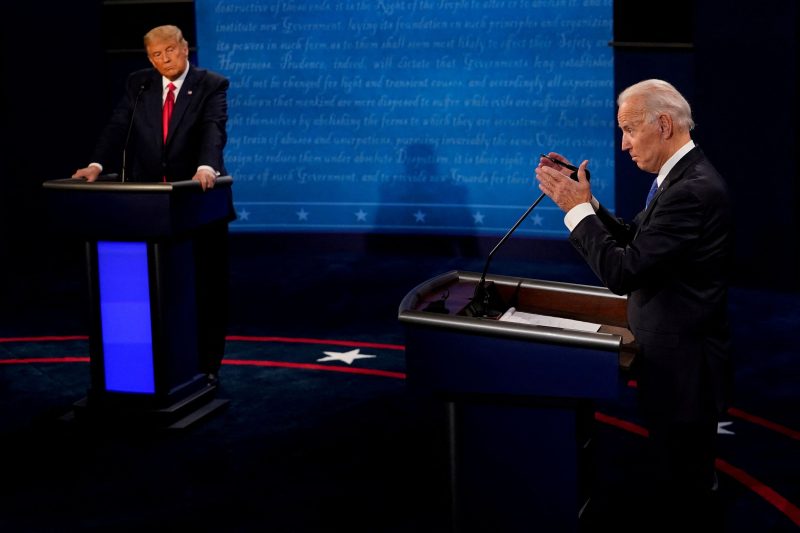In a world that is increasingly dominated by digital statements and soundbites, the idea of a substantive debate shaping voter sentiment may seem like a relic of another era. However, the power of a well-executed debate should not be underestimated, especially in a time when the political landscape is filled with uncertainty and division.
One key aspect of a debate’s potential to influence voter sentiment is the opportunity it presents for candidates to directly engage with each other and with the public. In a debate setting, candidates are forced to defend their positions, articulate their policy proposals, and respond to criticisms in real-time. This kind of direct interaction can have a significant impact on how voters perceive the candidates and their platforms.
Furthermore, debates have the potential to reach a wide audience and generate significant media coverage. In the age of social media and 24-hour news cycles, a well-publicized debate can attract the attention of millions of viewers and generate widespread discussion both online and offline. This kind of exposure can be crucial in shaping voter sentiment, as it provides voters with an opportunity to see and evaluate the candidates directly.
Another important aspect of debates is their potential to highlight the differences between candidates. In a political landscape that is often characterized by spin and misinformation, debates can provide voters with a clear and unfiltered view of where candidates stand on key issues. By contrasting their positions and debating the merits of their proposals, candidates can help voters make more informed decisions about who to support.
In addition, debates can also be an important opportunity for candidates to demonstrate their leadership qualities and ability to think on their feet. How candidates handle themselves under pressure, how they respond to tough questions, and how they interact with their opponents can all influence how voters perceive their readiness for the responsibilities of public office.
Despite these potential benefits, it is important to note that debates are not a magic bullet when it comes to changing voter sentiment. Many factors beyond the debate itself can influence how voters make their decisions, including partisanship, media coverage, and personal experiences. However, a well-executed debate can still play a significant role in shaping voter sentiment and helping voters make more informed choices at the ballot box.
In conclusion, while the impact of debates on voter sentiment may be less direct than in the past, they still have the potential to shape how voters evaluate candidates and their platforms. By providing a platform for direct engagement, generating media attention, highlighting differences between candidates, and showcasing leadership qualities, debates can play a valuable role in helping voters make informed decisions and shaping the trajectory of elections.

